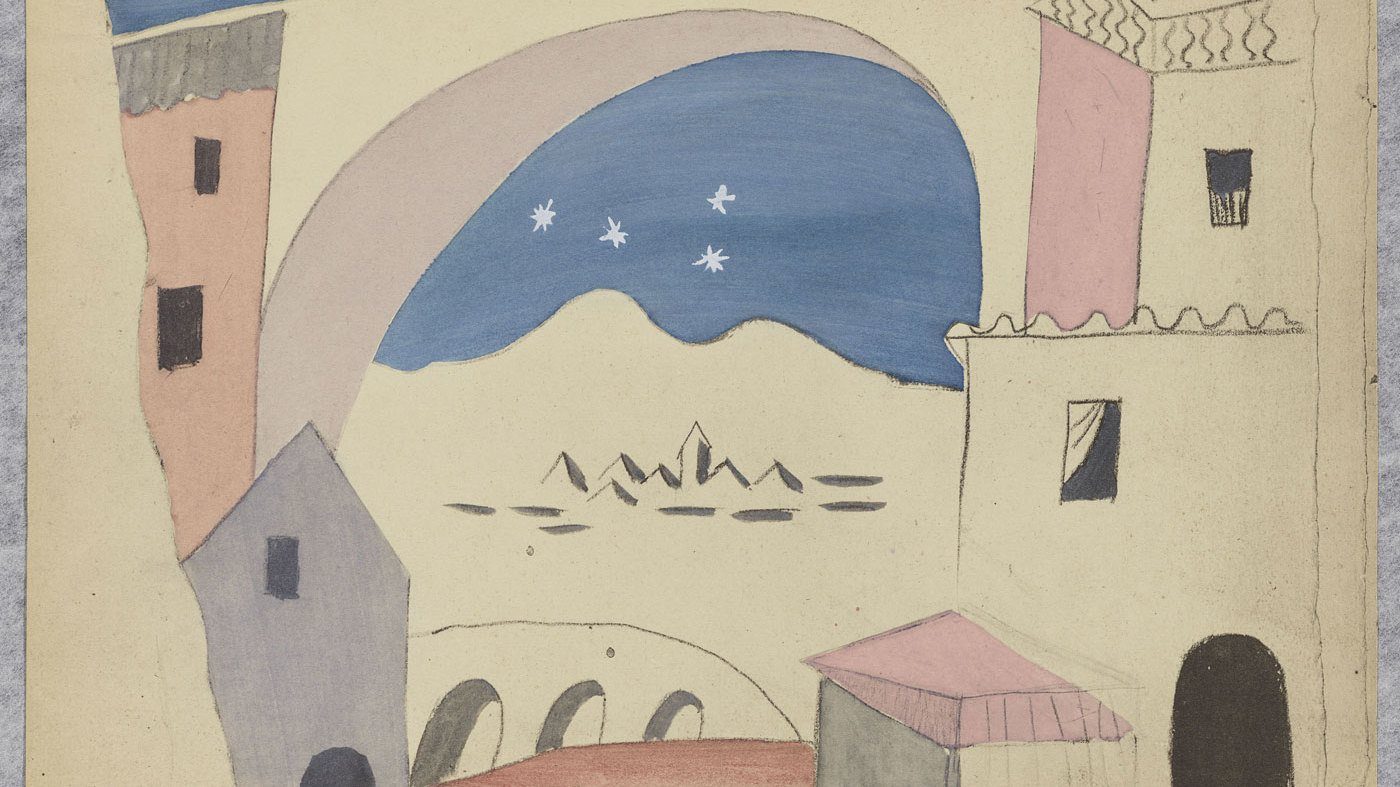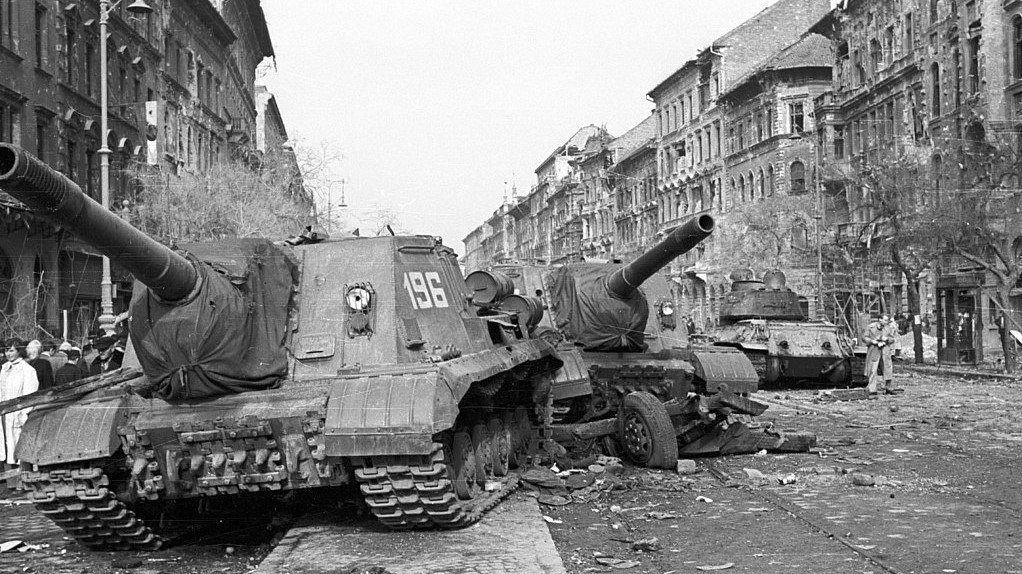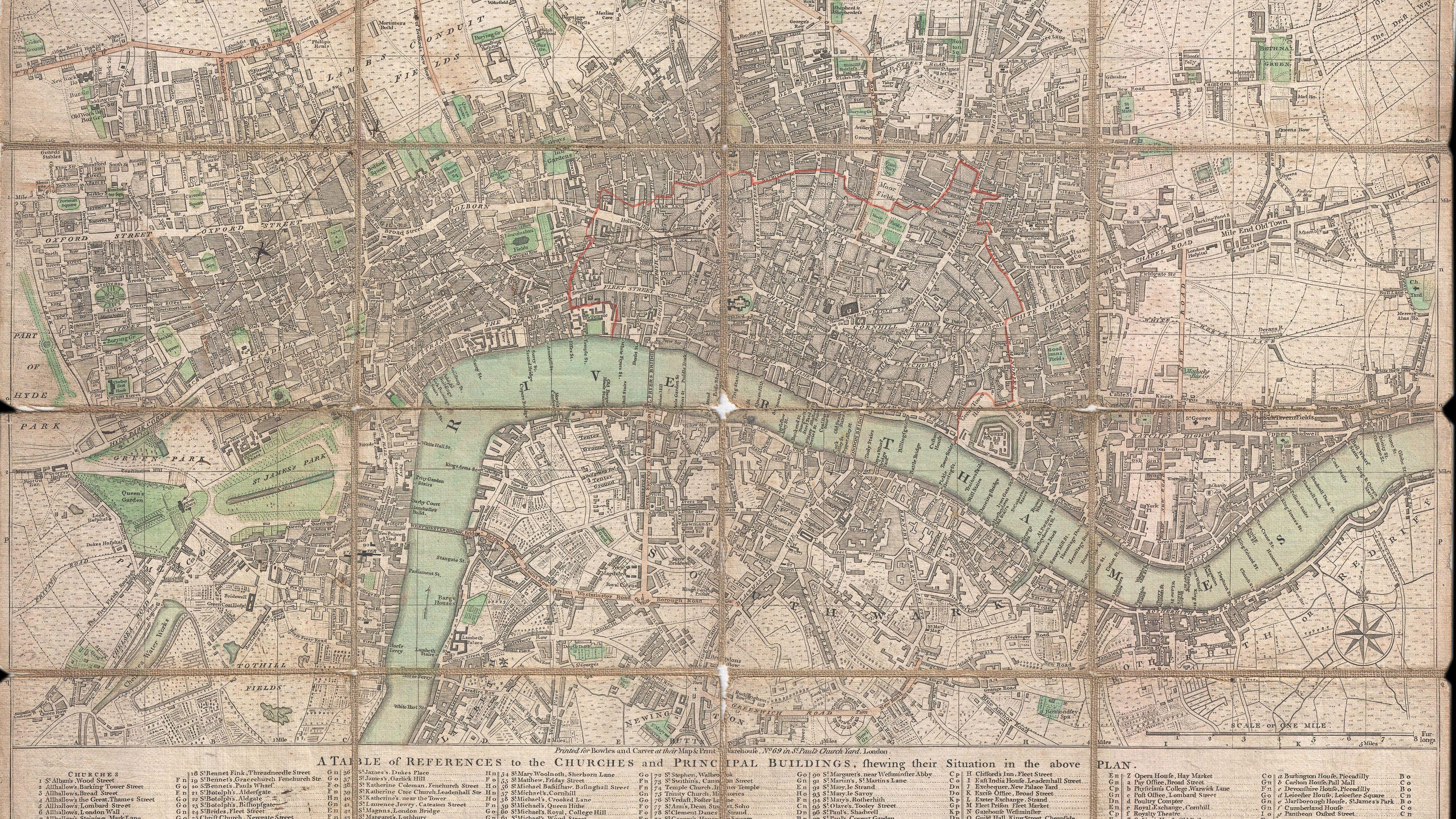Manuel de Falla’s “The Three-Cornered Hat” Dances, Alicia de Larrocha
Manuel de Falla’s ballet score, El sombrero de tres picos (“The Three-Cornered Hat”) bathes in the bright colors of a searing Iberian sun. Filled with the infectious rhythms of Spanish dance, it is music which is sultry, exotic, and at times tantalizingly mysterious. The Three-Cornered Hat was commissioned by Sergei Diaghilev in 1919 and premiered the same year in London by the Ballets Russes. It expanded on de Falla’s two-scene pantomime, The Magistrate and the …







